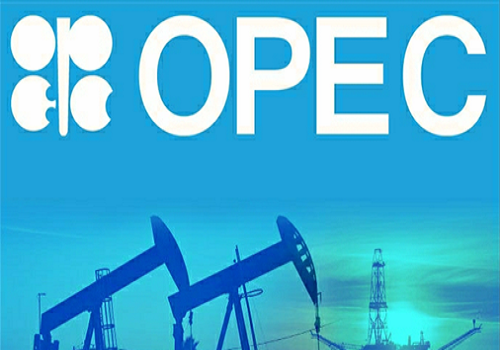
The Organization of Petroleum Exporting Countries (OPEC) has clarified the intent of the 2015 Paris Agreement on Climate Change, emphasising that the accord does not mandate specific energy sources but focuses on reducing global emissions.
OPEC Secretary General, Haitham Al Ghais, made this statement during his address at COP 29 in Baku, Azerbaijan.
He said: “This means recognising that the focus of the Paris Agreement is reducing emissions, not choosing energy sources.”
OPEC, according to him, has consistently advocated a balanced approach where nothing and no one should be dismissed.
He said the world needs to embrace all energies, leverage all the available technologies, and ensure that the needs of all peoples around the world are taken into account.
He further explained that it also means developing, transferring, and financing all forms of viable technologies.
Al Ghais said it means developed countries fulfilling their obligations to meet funding gaps and scale up climate finance.
Each party, he said, has the right to chart its pathway to a sustainable future.
The OPEC scribe insisted that the capacities, national circumstances and development priorities of all countries must be considered to ensure that no one is left behind.
He said it is clear, that there is no ‘one-size-fits-all’ prescription that can overcome the climate and energy challenges.
Continuing, he urged that “Inclusive dialogue and international cooperation, just like our Azerbaijani hosts have adopted, will be necessary going forward, as we work towards building a sustainable future for all of us.”
Earlier, he said presently petroleum and petroleum-derived products continue to shape how people heat and cool their homes, construct their buildings, and transport themselves from ‘a to ‘b.’
Oil and gas, he said, remain vital to producers and consumers around the world.
He alluded to Azerbaijan’s president, Ilham Aliyev, who emphasized at the opening of COP29, that they are indeed a ‘Gift of God’.
He added: “They impact how we produce and package and transport food and how we undertake medical research, manufacture and distribute medical supplies. I could go on forever.
However, access to the benefits of these products – benefits unfortunately often taken for granted – is far from universal.
“There remain 685 million people around the world without access to electricity and 2.1 billion who continue to rely on unsafe and inefficient cooking fuels.
“The great challenge at hand is ensuring energy accessibility, meeting rising energy demand, enhancing energy security while maintaining energy affordability, and, of course, reducing emissions.”
Leave a Reply